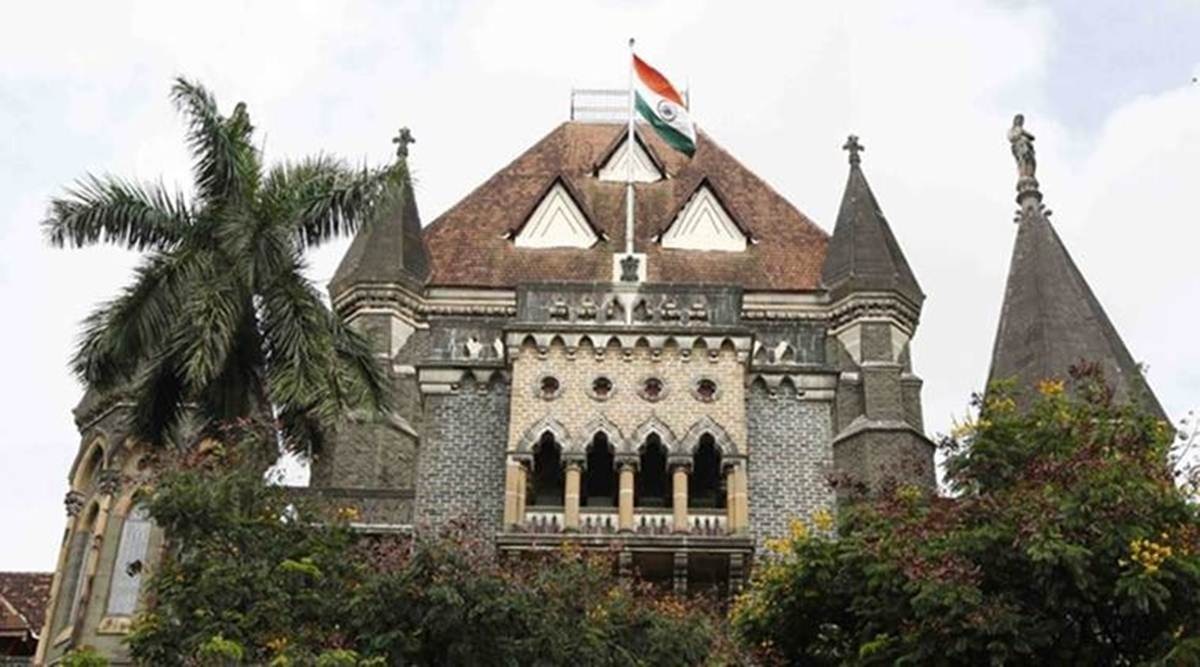 Advocate Vivek Shukla, representing Khan, submitted that Faizal was a supporter of AIMIM and was spreading hatred between two communities.
Advocate Vivek Shukla, representing Khan, submitted that Faizal was a supporter of AIMIM and was spreading hatred between two communities. While being questioned over lack of action against the hate posts uploaded on its platform, Facebook, along with YouTube, told the Bombay High Court on Monday that they could block access to their platforms to Abu Faizal, a supporter of a political party accused of uploading alleged communally charged videos on social media, if the court or Central government issues orders under the Information Technology Act.
A division bench of Chief Justice Dipankar Datta and Justice Madhav Jamdar was hearing a plea by Mumbai resident Imran Moin Khan seeking that the videos be taken down and preventive action be initiated against Faizal by permanently blocking his access to social media.
Advocate Vivek Shukla, representing Khan, submitted that Faizal was a supporter of AIMIM and was spreading hatred between two communities.

In May, the court had asked YouTube and Facebook to delete the videos and directed the Mumbai Police to investigate the matter.
On Monday, senior counsel Darius Khambata and advocate Naresh Thacker, appearing for Facebook and YouTube, respectively, informed the court that the videos have been deleted.
However, Shukla said that despite his earlier videos being deleted, Faizal had since then uploaded more videos on social media platforms.
To this, Khambata said that Facebook could block access of the user if the court orders it to do so or if the Central government passes an order under Section 69A of the Information Technology Act. The Act empowers the central government to issue directions for blocking public access of any information through any computer resource and also provides punishment for non-compliance of the order.
Thacker concurred with Facebook’s submission and said that the URLs of the videos uploaded earlier have been deleted.
The bench, while reserving its order on the plea, noted that the IT Act prescribed that an aggrieved person can approach a nodal officer and make a complaint against objectionable content posted on the Internet. In view of this, the court asked the petitioner why it should interfere and pass orders and sought to know if he approached the nodal officer appointed by the government as per law.